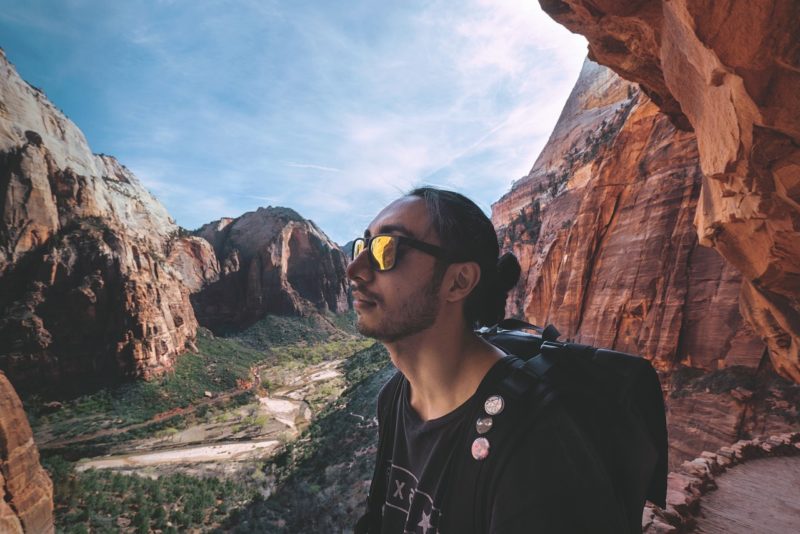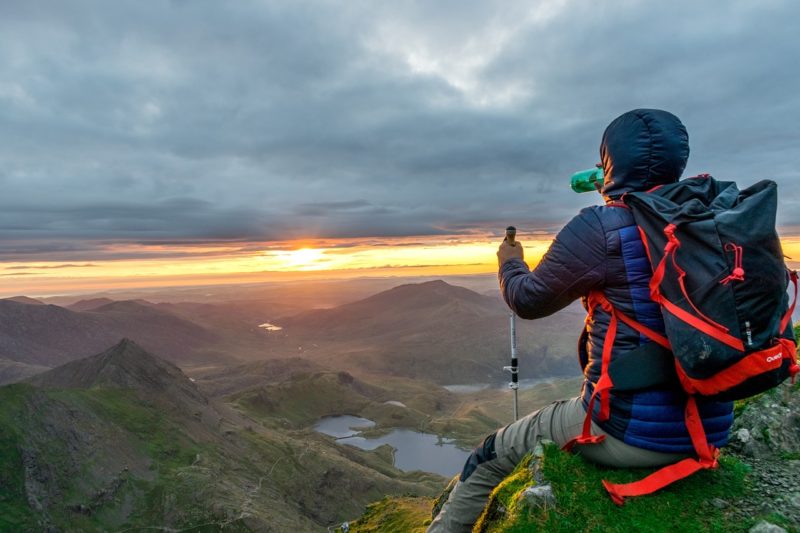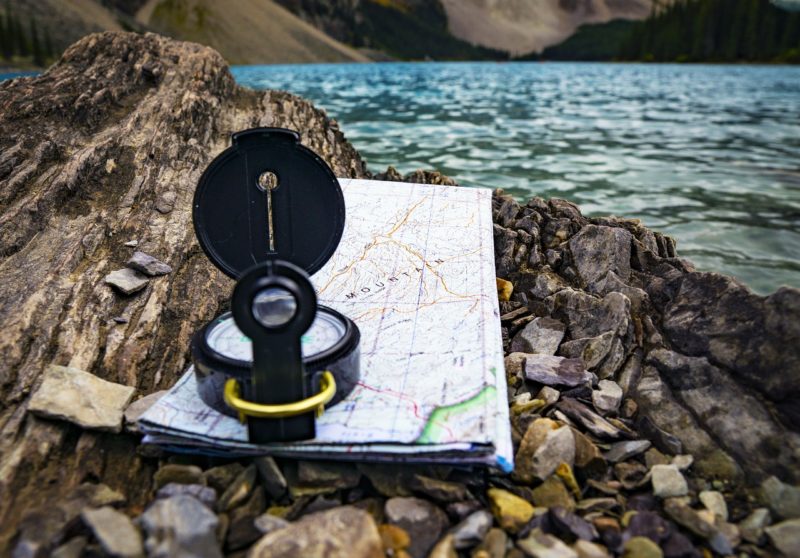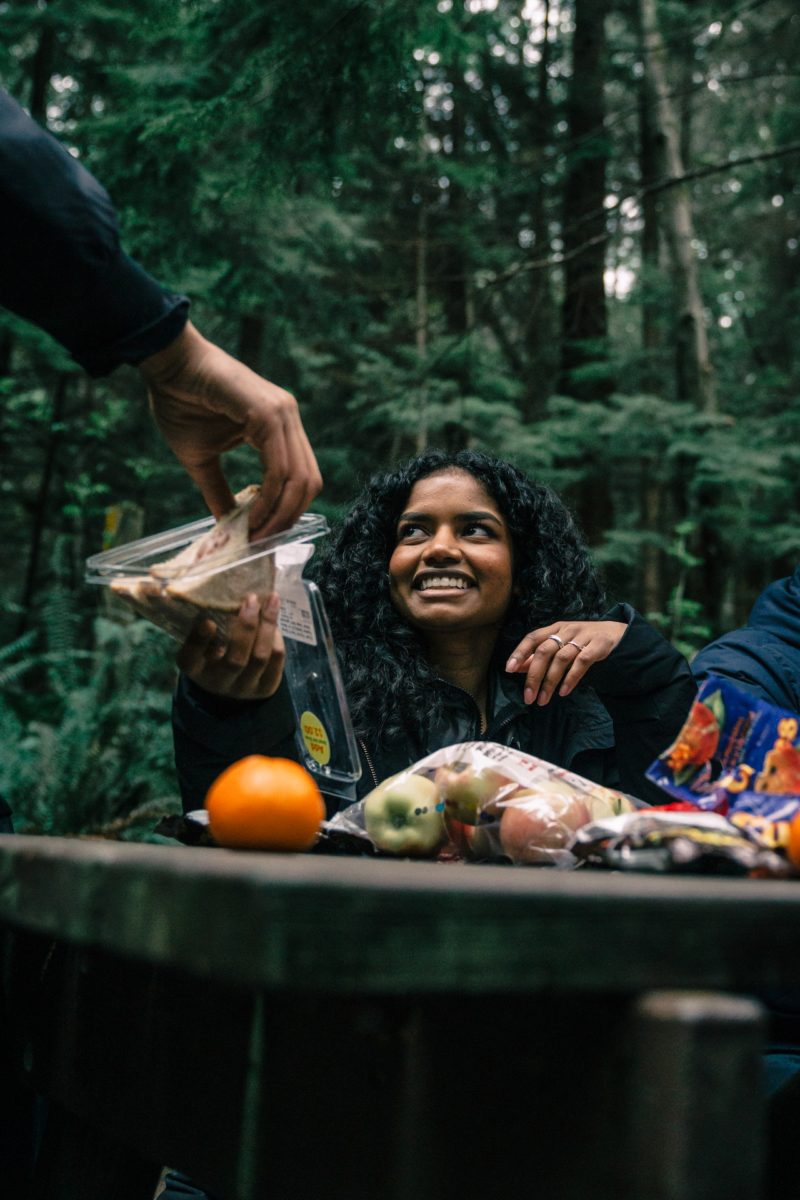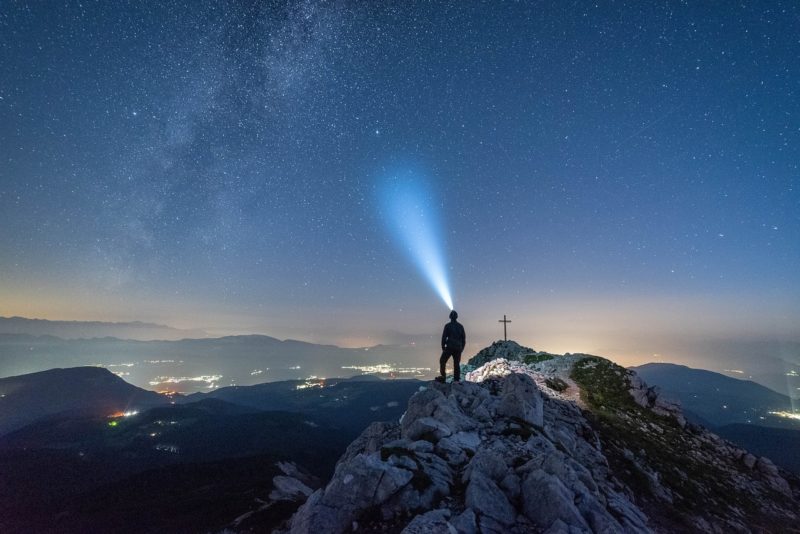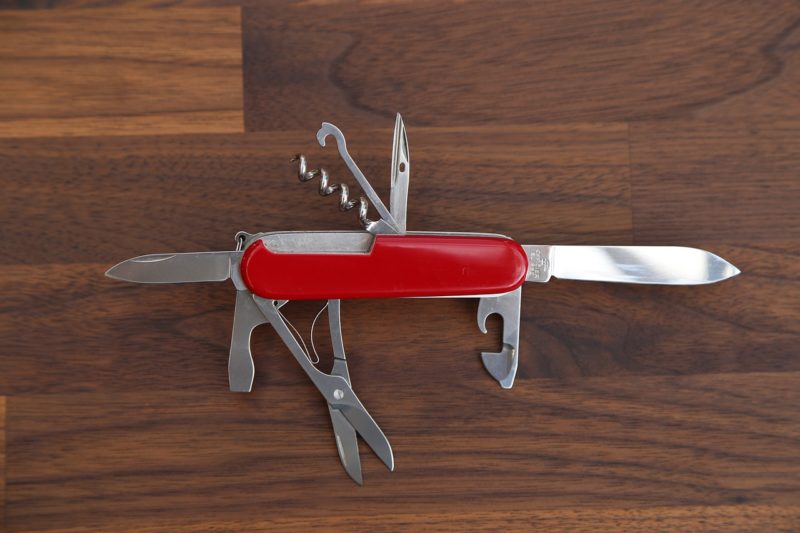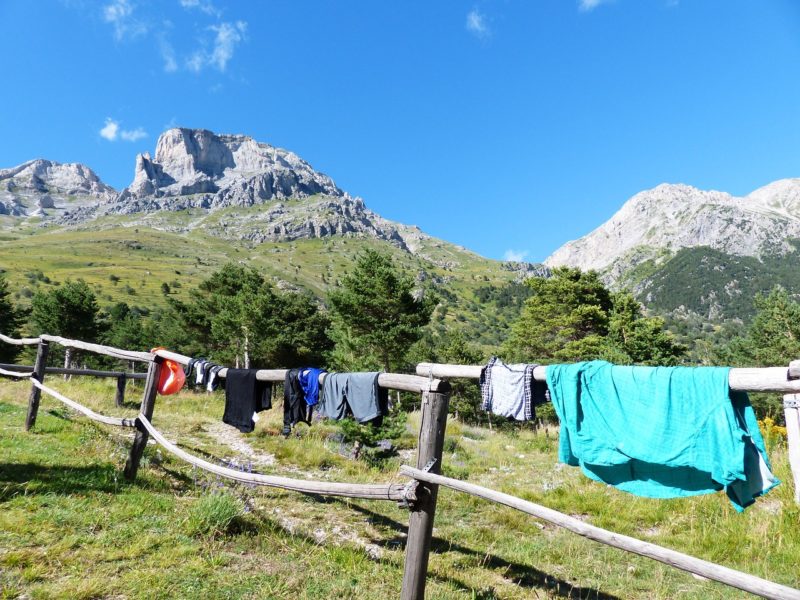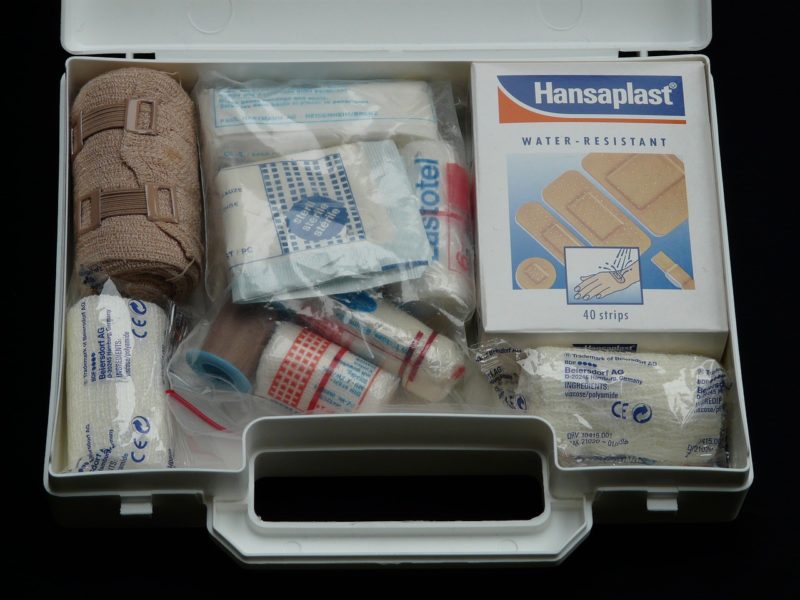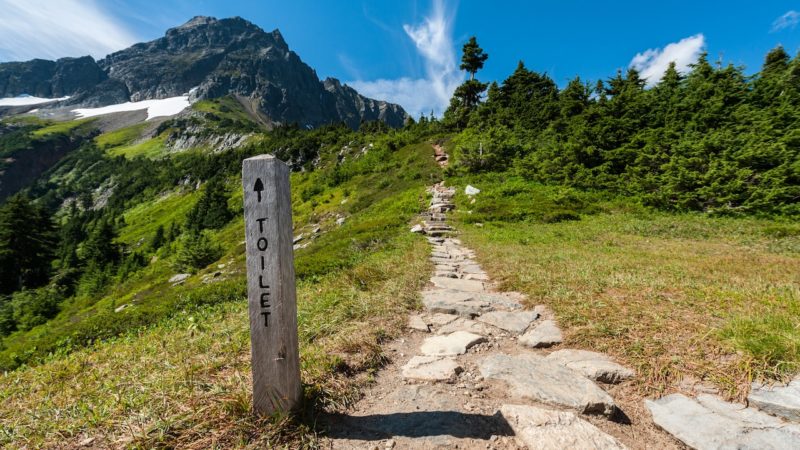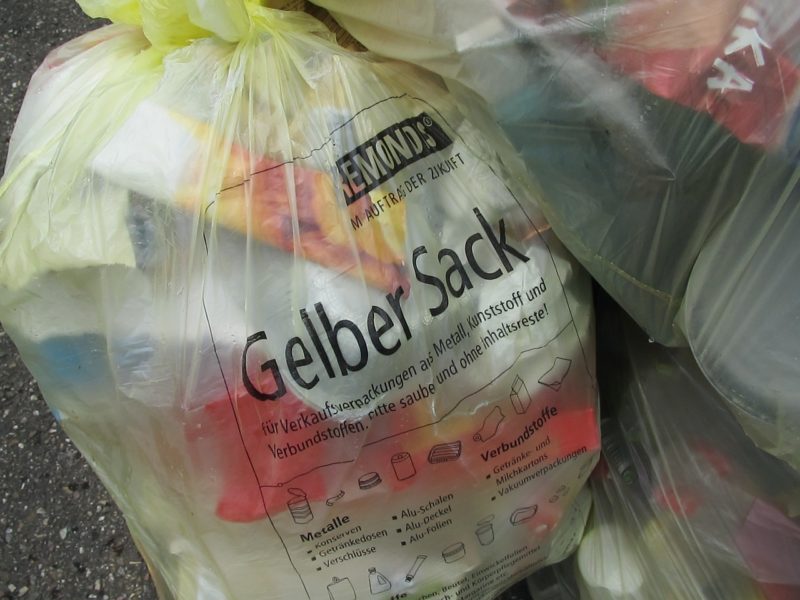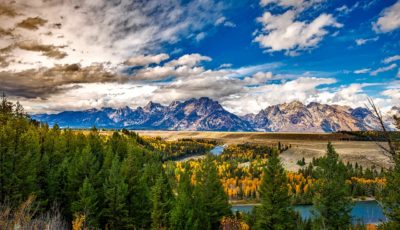Hiking Essentials 101: What to Pack for Hiking?
A breath of fresh air may be all you need to recharge from all the hustle and bustle of working or studying. If that is the case, then hiking may be a good idea for your next getaway. There are many benefits to this kind of recreational activity.
It brings you closer to nature and it’s a good form of exercise. Hiking is good for you – it is beneficial to the body as a form of exercise and can also help with your mental health.
In this article, we’re here to help you with the essentials you need to pack for hiking. Of course, hiking is a strenuous trip and it also poses its risks. With this guide, you’ll be better prepared in terms of what to pack for your upcoming hiking trip.
But before that, don’t forget one essential thing before you start your trip. You need to buy yourself a prepaid sim card which includes hassle-free activation and high-speed data especially if you’re traveling into another country. Sims Direct is a good website where you can get it.
So what are the essentials to pack for your hiking trip? Of course, you should be ready with your backpack to store all of these basic items!
1. Sun Protection
Sun protection is one of the most important things you should pack. Even when you are not hiking, as long as you are expecting sun exposure you must protect yourself from the sun! This is because exposure to UV rays poses a lot of long-term risks.
For sun protection, you should pack some sunscreen and lip balm with SPF protection. In addition to that, you must not forget to bring sunglasses. Going on a hike without sunglasses may be very straining for your eyes.
A good pair to bring would be Oakley prescription sunglasses as these are specially made for sports and outdoors. You won’t need to worry about your sunglasses slipping and sliding throughout the hike.
2. Water
Of course, you will need water. Hiking is a strenuous activity and you must think of it as a form of exercise. Bring a water bottle or water bladder to store your water. For good measure, bring at least one liter of water for every hour that you will be hiking. This is to ensure that you will not get dehydrated throughout your hike.
Water is heavy so it is also good to bring a water filter or water purification tablets. With these tools, you can spot a water source such as a stream and you can refill your water as you go on your hike.
3. Navigation
Navigation is no joke and you may get lost in a place you are unfamiliar with. Make sure to familiarize yourself with your route using a map or a navigation app. Don’t forget to bring these along with you on your hike so that you do not get lost.
4. Food
A hike is something that you will need energy for. Food and snacks are part of your essentials. Make sure to pack some snacks that are nutrient-dense and easily packable. Some suggestions for food are granola bars, energy bars, nuts, and dried fruit that won’t get easily crushed inside your backpack.
5. Flashlight or Light Source
A headlamp or a flashlight is important to bring, even if you were planning to go on a day hike. You may encounter unexpected situations and find yourself outside until it is dark out. A flashlight or headlamp will be essential for you during these times.
6. Knife or Multitool
A knife or multitool may come in handy for repairing things, cutting down wood for a fire, or cleaning fish that you may catch on your hike! But it also helps in simple things such as opening packages, cans and slicing up your food.
7. Extra Clothes
You never know what to expect when you are going on a hike. Some extra clothes such as a jacket to keep you warm if it gets chilly, or a waterproof raincoat for when it suddenly rains can make a big difference.
The clothing you are already wearing makes a difference. Make sure you are wearing clothing that wicks the sweat. Avoid wearing cotton as this absorbs sweat. A good top to wear would be athletic or dry-fit tops because these are breathable and they wick your sweat away to keep you dry.
For bottoms, running shorts are acceptable as long as you know you won’t be hiking through thorny bushes or mosquito-infested areas. If you prefer more coverage, leggings or breathable pants can offer more protection.
8. First Aid Kit
Just in case you or others around you get wounded, it is best to keep a first aid kit with you. Bring some bandages and alcohol prep pads to help clean and cover up wounds. An elastic wrap is also helpful just in case someone suffers a sprain. And lastly, some pain medication for good measure.
9. Insect Repellent
Heading into nature always has a threat of insects. You don’t want a couple of pesky mosquito bites to bother you for the rest of the trip and days after. A good bug spray or insect repellent can help you deter these bugs and save you the hassle.
10. Bathroom Essentials
You never know when nature will call. Who knows you may have to go while you’re out in nature itself. Don’t forget to bring bathroom essentials. Some toilet paper and a towel can help you go to the bathroom when you are out on your hike.
11. Trash Bag
While you are out in nature, it is vital that you do not litter and that you pick up your trash as you go along your hike. Make sure to also pick up other litter that you see. Taking care of and conserving our environment is a good deed that you can do while you are hiking. As they say, “leave only good memories behind!”
Conclusion
Hiking is a fun recreational activity that also provides good exercise for our bodies. When you are going on a hike, you must not forget to pack your essentials. When you are outdoors and away from accessible stores and resources, it is up to you to have everything you need.
We hope that our article helps you prepare your essentials for your upcoming hike. We wish you good luck and happy hiking!

